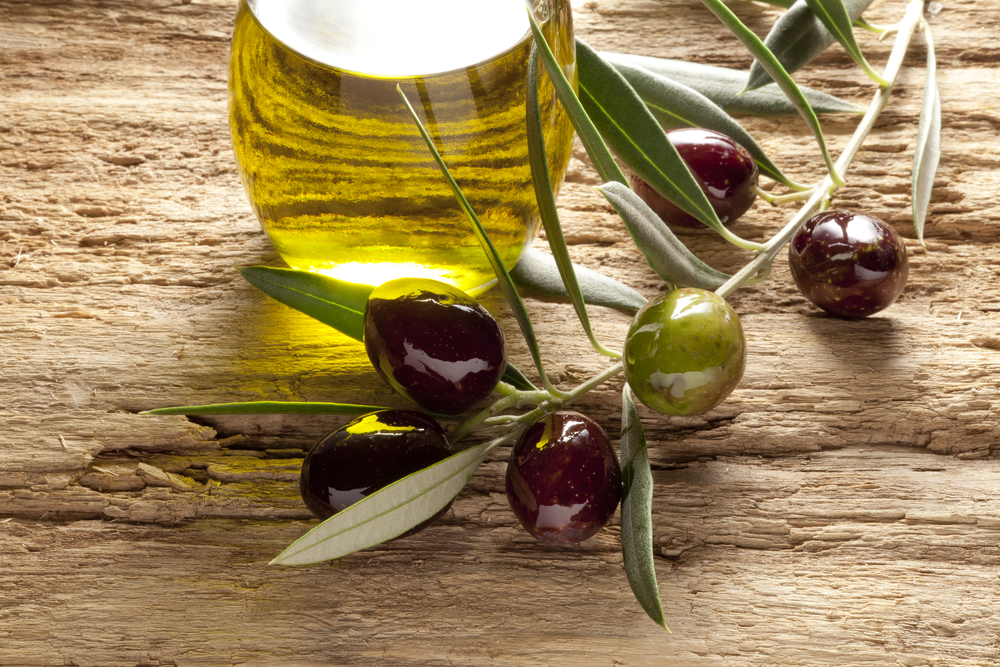![]()
Great article from Mind Body Green . com on edible oils.
There is a lot of misinformation out in the general public: many people think that oils are bad for your health, however just the opposite is true (for healthy oils)..
Regards,
Rob
The TRUTH is Out There....
"Bringing Science and Nature Together"
Rob Lamberton
The TRUTH is Out There...
Partner / Director of Product Development
RaBotanicals Website
My Holistic Health Blog
My Consulting Website: roblambertonconsulting.com
Twitter: rob_lamberton
Skype: larch60
Facebook: rlamberton
LinkedIn ID
Email: rob@rabotanicals.com
Phone: 604-985-0840
Toll-free: 866-824-4422
Oil. It's a slippery topic.
There are so many different types of oils, some are good for us, some are better for us, some are bad for us, and some of them have a maximum temperature before they turn from good to bad.
We need to pick oils based on three things:
1. How they're made. Ideally we should be eating oils that are only lightly processed and occur naturally
2. Smoke point. That's the temperature at which the oil becomes unstable, or rancid
3. Stability. This is determined by the chemical composition. The more stable an oil, the less likely it is to go rancid.
So, which oils should we be eating?
The Best for Cooking
The most stable oil for cooking is
unrefined coconut oil. It's a stable, saturated fat with a smoke point of 232C (450F). Coconut oil is anti-bacterial, antiviral and an
antioxidant. It's also high in lauric acid, which is the saturated fat found in breast milk.
Avocado oil also has a high smoke point of 271C/520F. It has a light nutty flavor and can be used in stir-fries and when pan frying or searing fish and meat.
The Best Oils for Cooking at Very Low Temperatures
Olive oil has a low smoke point (190 C/ 374 F), so it should only be used to cook at low temperatures. It can add a great flavor to slow-roast vegetables in the oven.
Refined macadamia nut oil has a smoke point just above olive oil, at 200 C / 392 F. It can be used in baking at low temperatures to add a lovely nutty flavour, or poured over salads.
The Best Oils for Pouring
Olive oil is a tasty oil, perfect (and common) as a salad dressing.
Flaxseed oil is highly unstable, and must be stored in the refrigerator in dark glass. When heated, it quickly becomes rancid which can cause oxidative damage to your cells. Flaxseed oil is high in omega-3 essential fat, and should be poured over salads.
Oils To Avoid
Any hydrogenated cooking oils and seed oils (eg. sunflower oil, vegetable oil, corn oil). They're processed to prolong shelf life, refined using bleaching clays and deodorisers. This process removes all minor ingredients and extends the shelf life, but makes the oil toxic.
Canola oil, which almost always contains dangerous trans fatty acids formed during processing and which causes vitamin E deficiency in test animals.
Photo Credit: Shutterstock.com
Published February 4, 2013 at 10:18 AM
About Samantha Sutherland
Samantha Sutherland is a Sydney-based health coach and the passion behind The Happy Eater. She helps women find a balanced lifestyle full of nutrition for mind and body; whole foods, whole happiness. The Happy Eater gets women off the diet yo-yo and leaves them feeling energetic, smiley and alive!
Connect with Samantha Sutherland:
thehappyeater.com.au
Facebook
Permalink
| Leave a comment »


